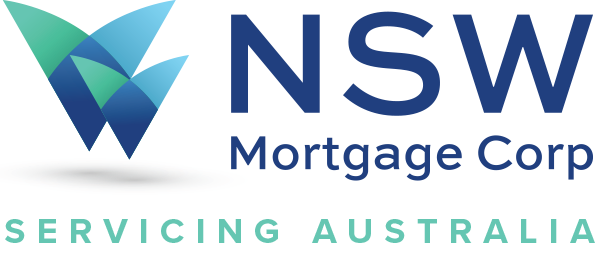Specialised lenders came up with innovative schemes to provide suitable options for home loans borrowers. But, despite the fact that there are various types of home financing, they are generally classified into two types: Fixed rate and variable rate loans. What’s the difference between these two options? How do you choose which option will work for you?
Fixed Rate Home Loans
What will happen if I fix my loan? If you do, you can enjoy the following benefits:
- Enjoy the flexibility of locking in your home loan’s fixed rate
- Your Annual Percentage Rate (APR) will remain the same.
- You are confident that your monthly repayments will not increase as long as you pay on time.
- You can create a practical budget knowing that a specific amount of money needs to be allotted for home loan repayment. This way, you can plan your finances and make backup plans at difficult times
- You don’t have to worry about fluctuating interest rates that could lead to varying loan payment amounts
- You know exactly how much the loan costs. A fixed-rate loan specifies the interest rate charges throughout the life of your loan
If the current fixed interest rates are relatively low you can choose this option and enjoy the affordable rates over a specified period.
Variable Rate Home Loan
If you like to take advantage of low interest rates and you believe that the market would do well in the coming years, until you fully pay off the loan—choose variable rates.
This very popular and competitive loan product allows you to:
- Take advantage of sudden drops in the official mortgage rates: When the government decides to reduce the mortgage rates, you can be assured that your interests and monthly instalment will lower as well. You can use the extra money to pay for your other expenses, or use it to make additional repayment, thereby reducing the principal in the process. Making unlimited extra repayment each month can help you pay off your home loan faster.
- Enjoy the flexibility of a home loan: Revel in the freedom to save a huge amount of money over the course of your loan. If you want to pay it within a shorter period of time, there is no need to worry about paying extra fee to make extra payments. This will vastly reduce the principal, resulting to lower interests and fees. If you make extra payments on a regular basis, you will not only shorten the length of your mortgage, but you can also save a lot of money and boost your credit score in the process.
Fixed versus Variable Annual Percentage Rates
It is not easy to choose between a fixed rate and a variable loan because each option has its own advantages and disadvantages. So, if you are planning to borrow money to finance your home it is important to look into the features of home loan schemes offered by banks and specialised lenders. Fixing your home loan has many disadvantages. While those who chose variable rates can enjoy the interest rate drops, you cannot. So the news that interest rates go down below your fixed rate, will probably annoy you.
Some lenders may not also allow you to make extra repayments. Others allow it with a fee. If you pay off your loan within a set period, you may also have to pay for a break fee. With a fixed term, you may not be allowed to get a repayment holiday whenever you experience a short-term financial problem. Most of the lenders do not allow offsetting of account in fixed term loans. There are also no introductory rates.
However, a variable home loan has its own drawbacks. It is associated with financial uncertainty. Since the interests are tied to fluctuating cash rates, the amount of monthly repayment will based on the cash rate. When the cash rate decreases, you will pay lower interests and lower monthly repayments. If it increases, your payments will increase as well. So, no matter how good you are at paying your dues, you may eventually have to pay higher amount just because the economic conditions are not working in your favour.
Final Thoughts
In a nutshell, fixed and variable home loans are good financing options. It depends on your ability to take the risk or level of income when it comes to dealing with financial uncertainty. If you think you can work on a budget to pay for the monthly repayments despite economic and personal downturns, variable rates loan can give you the flexibility and the savings you need. But, if you want to work on a clear and specific budget, and you don’t want to worry about not being able to repay the additional cost when the cash rates increase, go for fixed rate home loans.
If you are still struggling to decide, speak to one of our friendly team members at NSW Mortgage Corp today!




